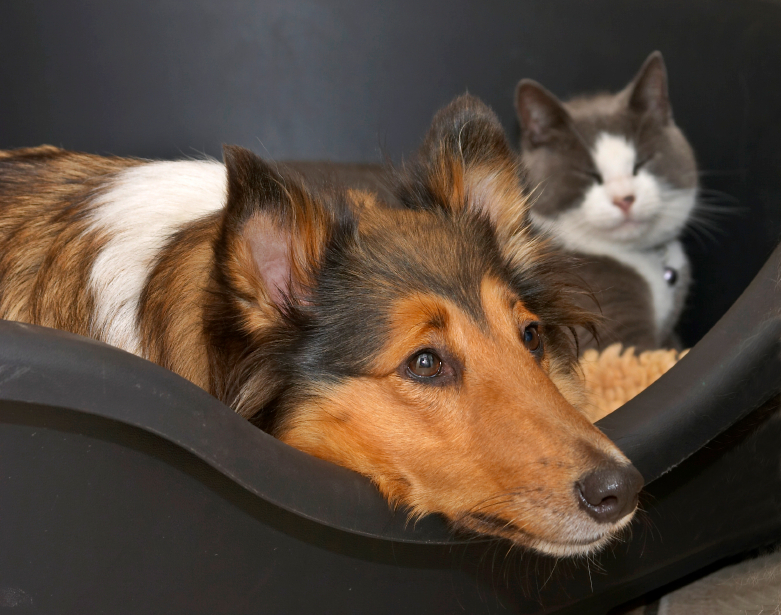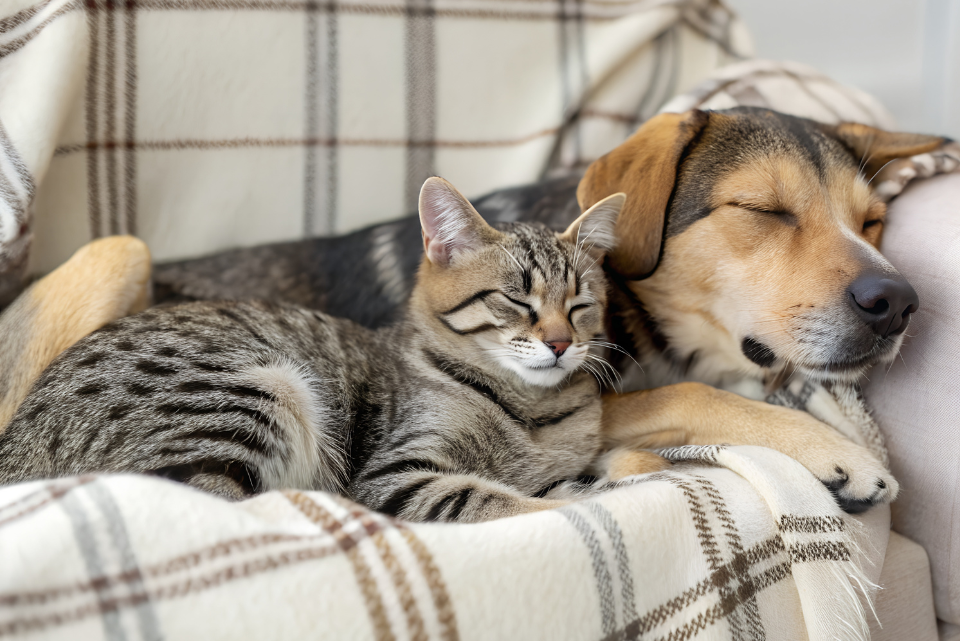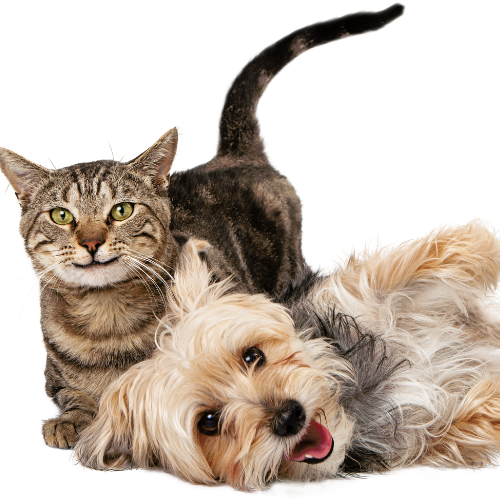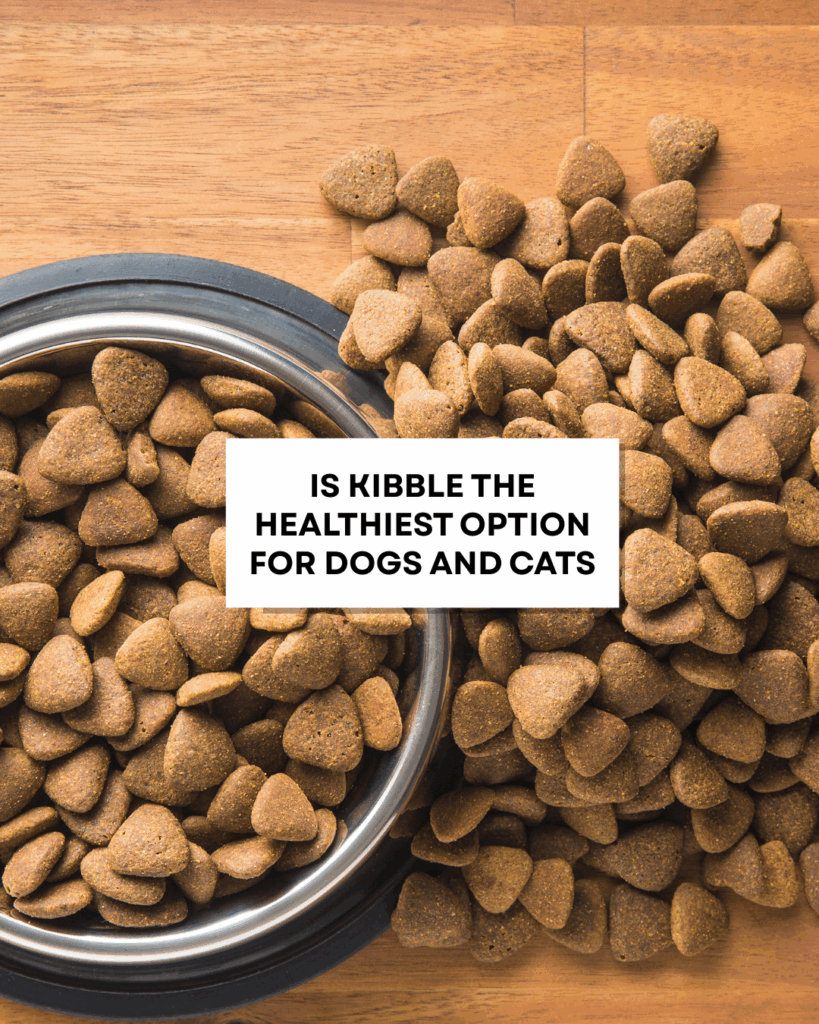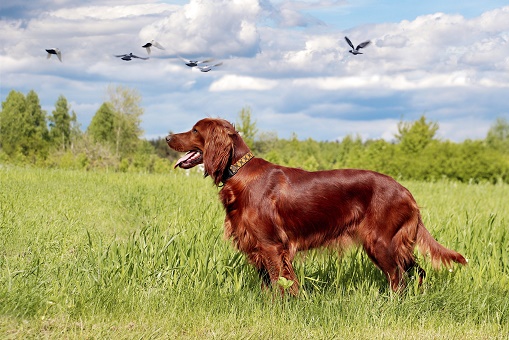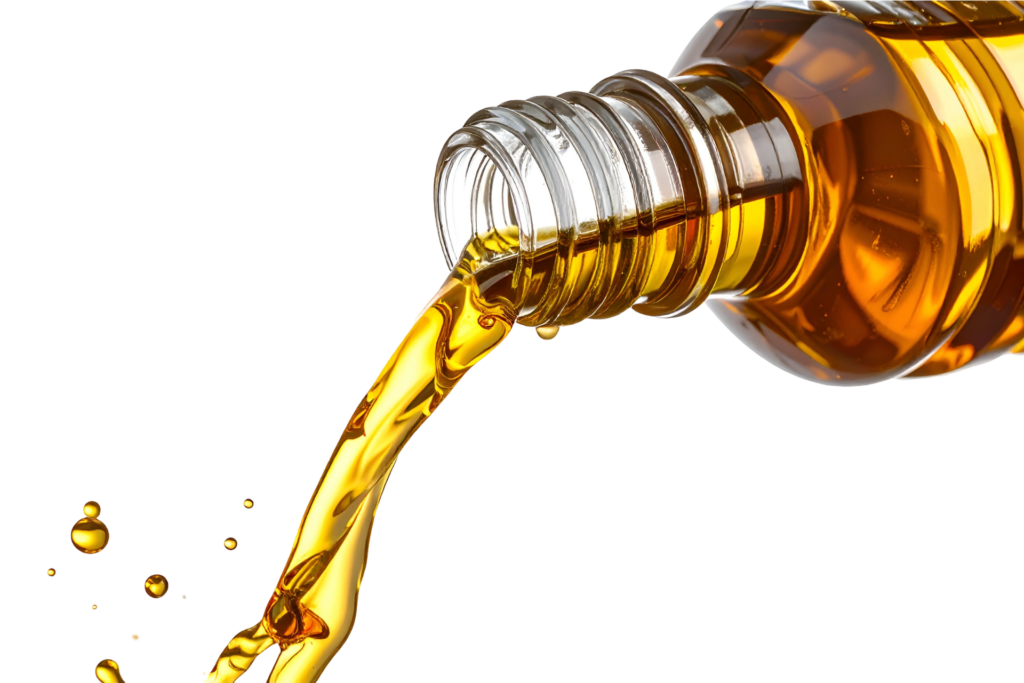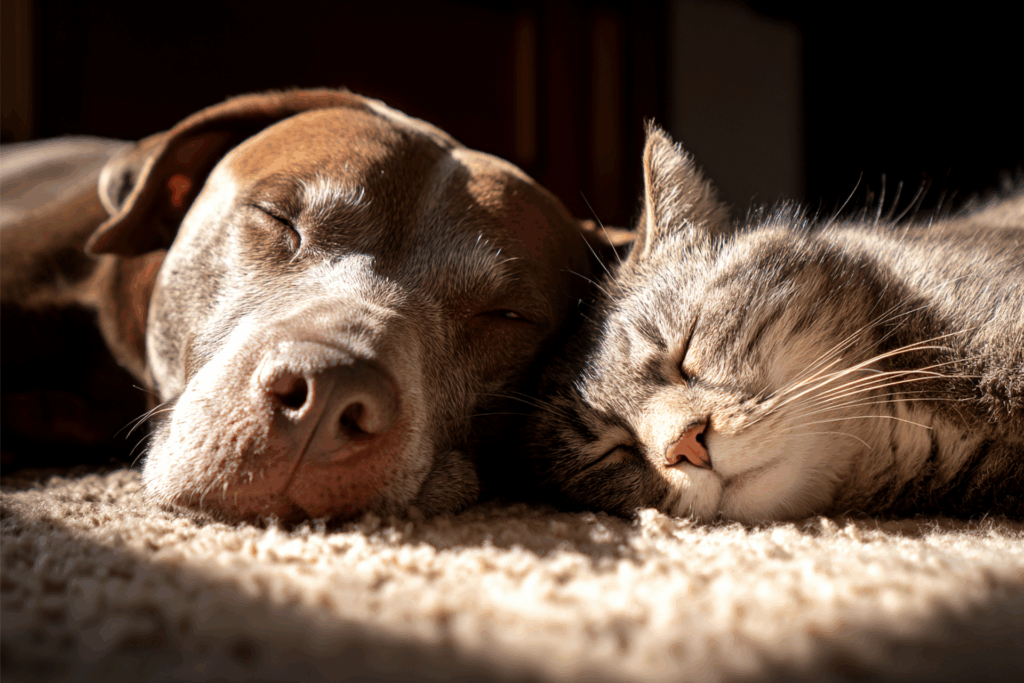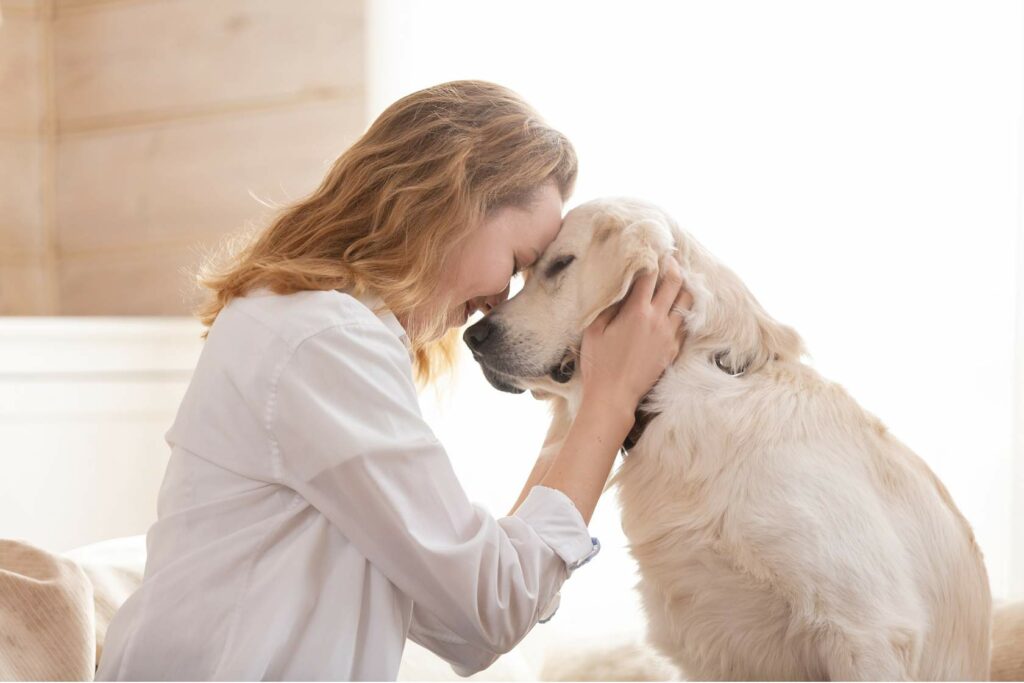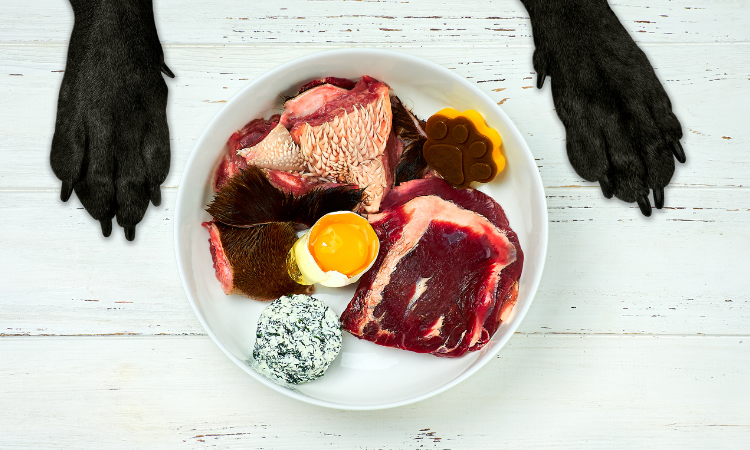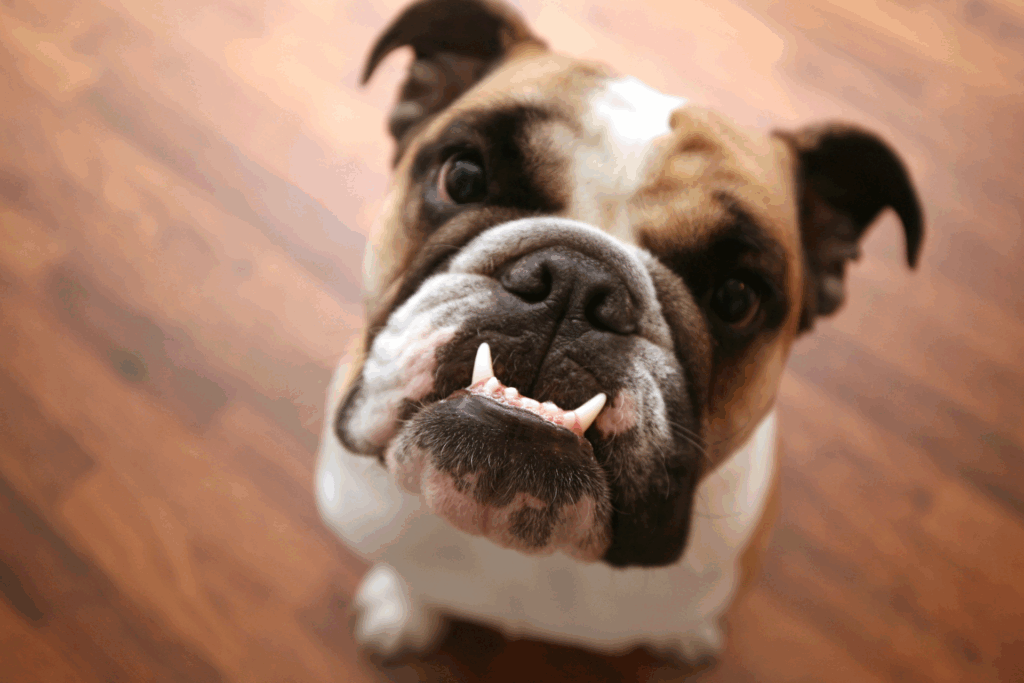Anal Gland Problems in Dogs
19 February, 2019
Anal Gland Problems in Dogs can affect all ages and breeds leading to blocked or infected anal glands. These two small glands are located on either side of the anus, and are scent glands used for marking territory and recognition. They would normally empty naturally when the dog has a bowel movement, but when stools are too thin or soft, then they may not express fully and can become impacted, which may lead to an infection if left untreated. Blocked or impacted anal glands may be caused by Natural treatment recommendations Increase exercise, and reduce weight, if overweight. Feed natural…




